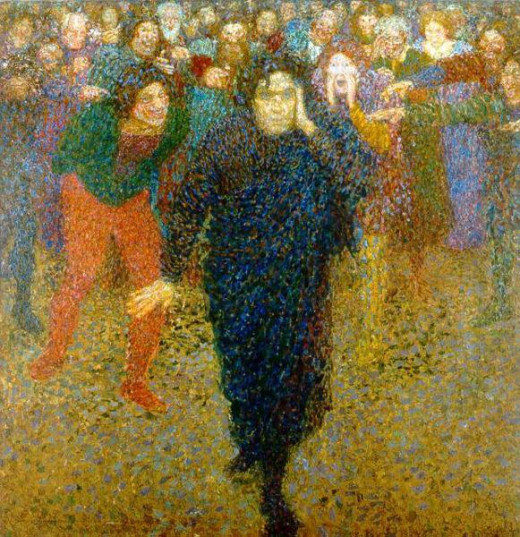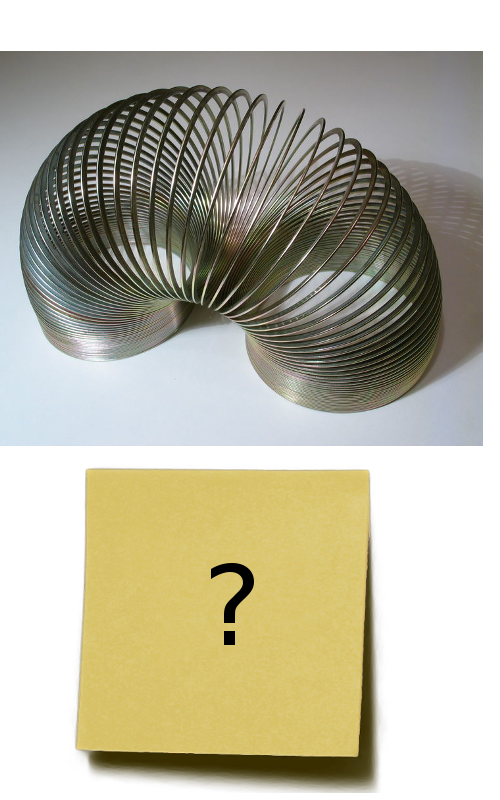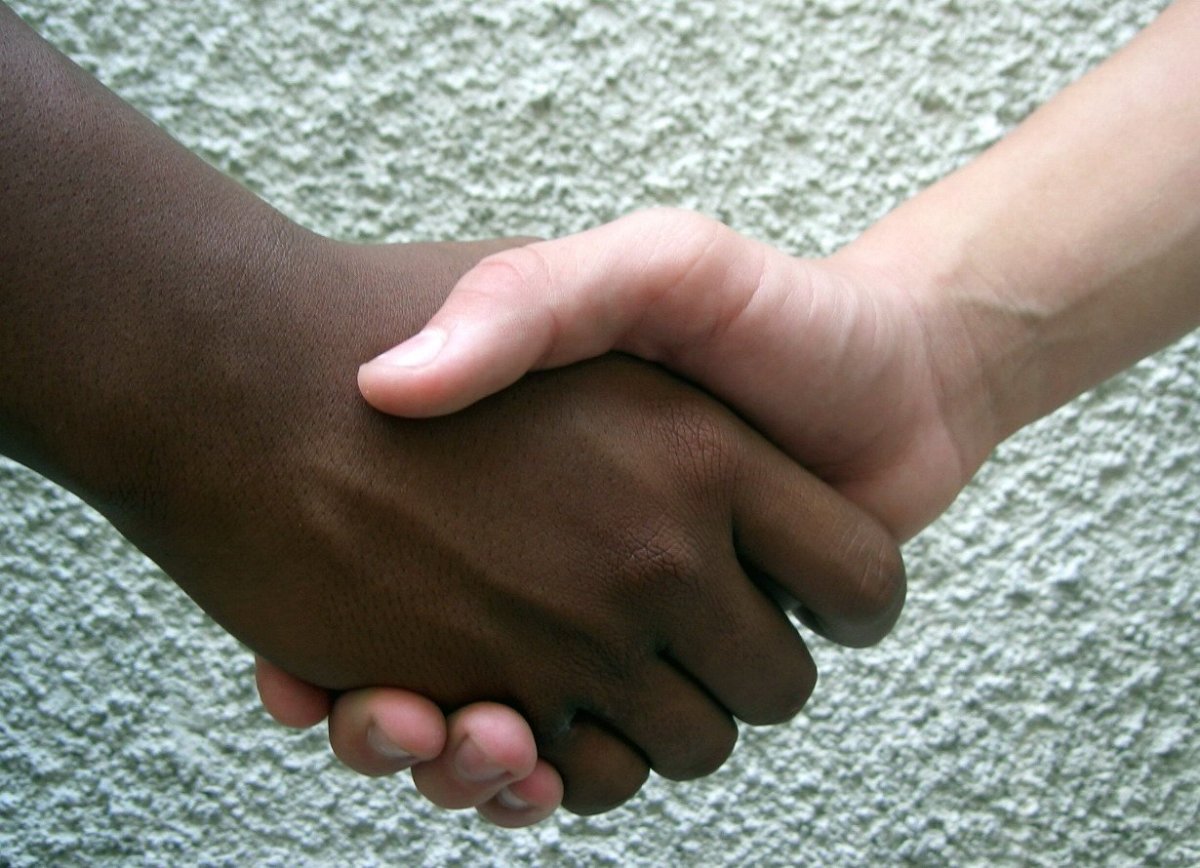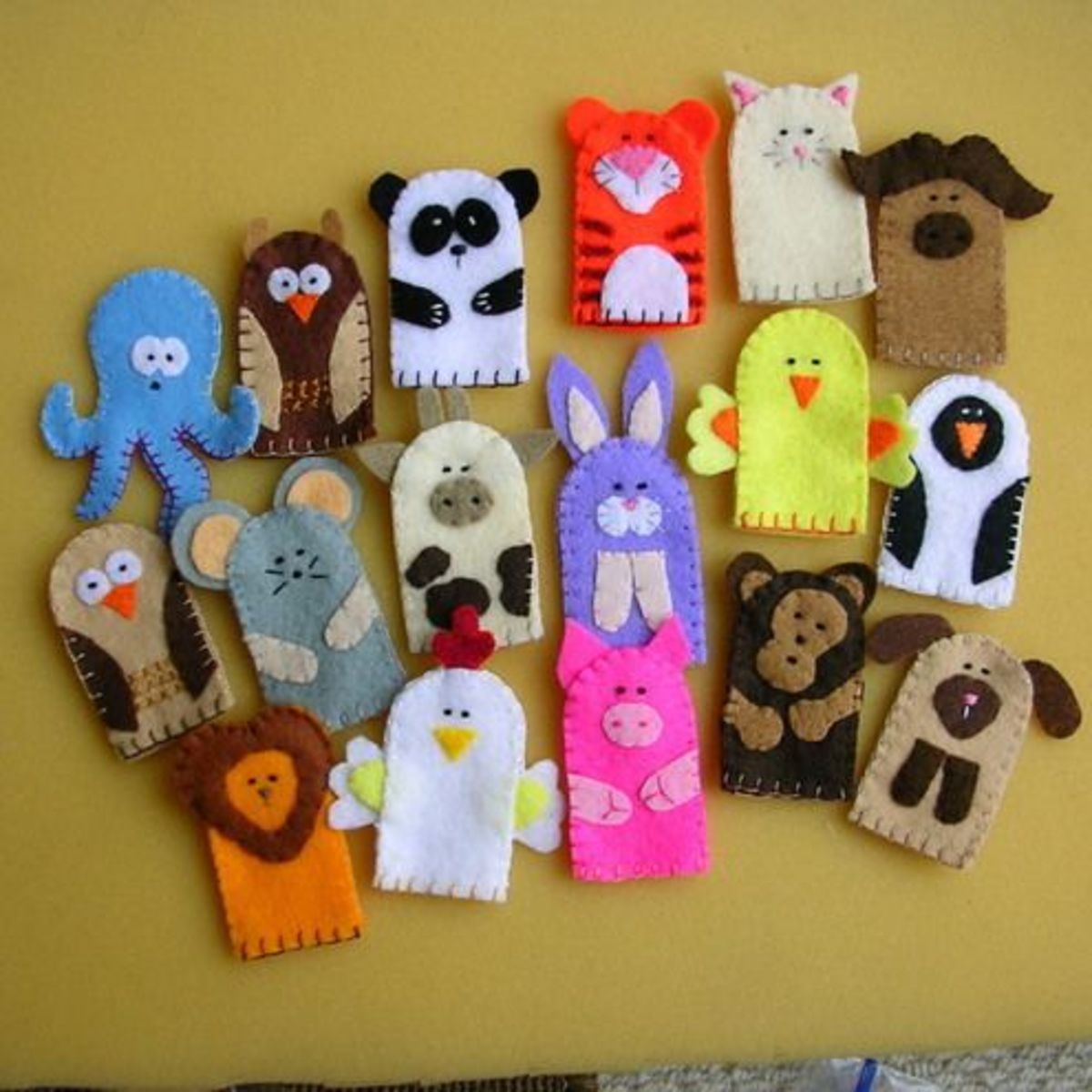The Benefits Of Making Mistakes

Mistakes
Everybody makes mistakes from time to time. For most of us, the consequences are minor; some embarrassment, lost time or money, a quick apology, etc. Sometimes the results are more severe; a lost job, estranged friends, a divorce. In the case of people like pilots, air traffic controllers, the military, and others, mistakes can result in fatalities.
Considering what’s at stake, it seems obvious that avoiding mistakes should be a top priority. While that’s true for the types of mistakes with the most severe consequences, there may be times when errors result in some benefit.
Why We Dislike Making Mistakes
Do you enjoy it when you make a mistake? I know I don’t. Mistakes are bound to happen, so why do we dislike making them so much?
- Vanity - Mistakes point out our ignorance, and we don’t like looking ignorant.
- Danger - Mistakes under certain conditions can risk life and limb.
- Cost - Mistakes can cost us money, time, friends, reputation, and more.
- Vanity - I mentioned this already. I’m mentioning it again.

Avoidable Mistakes
Many mistakes can be avoided. This is especially true in industrial environments. Companies spend a lot of time and money carefully planning critical activities to avoid as many mistakes as possible. That’s why airlines have pre-flight checklists and why the US government’s OSHA (Occupational Safety & Health Administration) mandates written safety plans for many areas.
In these cases, the possible consequences of errors are severe. Checklists and mandated plans force people to carefully think about the possible outcomes in different conditions and consciously take all the necessary steps to avoid mistakes.
Even with all this attention to detail, the news sometimes has stories about external panels on planes that weren’t properly closed or industrial accidents caused by someone taking a shortcut in a procedure. Mistakes that should have been avoided happened despite careful planning and effort.
Anyone who has never made a mistake has never tried anything new.
— Albert Einstein“Stuff” Happens
There is no way to avoid all mistakes; there are simply too many possibilities. The only way to come close would be to never do anything at all, which, in the end, would be a mistake of its own.
Since mistakes are inevitable, how should we best handle them? What can we do to get some positive results from these negative situations?
Learning Opportunities
Mistakes can be tremendous learning opportunities. Few lessons are better remembered than painful ones, whether that pain is physical or psychological. The discomfort helps embed the situation in your memory.
Here are some examples of things that can be learned as a result of making mistakes.

- We’re Not As Smart As We Think
One common thing that our mistakes show us is that we’re not always as smart as we think we are. Maybe you recently heard a 90-second story on National Public Radio and now you think you know that subject. Then you speak to someone who really knows the subject and you find that you really don’t know anything at all about it.
If that happens in a one-on-one situation, you may be a bit embarrassed. If it happens in a larger group setting that includes your boss and peers, it may take a while to regain the respect of the group. (Much of that depends on how you handle the situation.)
- Times Have Changed
As the years pass, prevailing attitudes tend to change. Whether that’s good or bad depends on your point of view.
For example, there was a time when homosexuality was viewed as a disease. Now, homosexuals are recognized by most people as a natural (although minority) segment of the population. Before that, mixed-race relationships were considered an anathema in society. Again, today most people barely even notice. They see a couple, not a “mixed-race couple”.
It could be time that you update some of your old attitudes.
- Discover Something Unexpected
Mistakes can lead to new discoveries. For example, you may take a wrong turn in an unfamiliar city and find yourself in a beautiful park or a museum you’ve never heard of. Had you not made a mistake following directions, you never would have know such a place existed.
Have you lost a relationship because of a mistake?
- It’s Time For A Change
Perhaps you’ve woken up with a terrible hangover. The mistake of overindulging has made you realize it’s time to stop drinking. Maybe getting into a car accident has shown you the error of texting while driving. The mistake of infidelity may have resulted in a painful divorce. Or maybe a positive HIV test has driven home the point that unsafe sexual habits are a mistake.
All of these are serious consequences of mistakes. These kinds of lessons are rarely forgotten.
How To Handle Mistakes
Since we’ll all make mistakes at some point, what are some good ways to handle them to make the most of the situation (or at least minimize the damage)?
- Own up to it - Acknowledge that you made a mistake and accept whatever reasonable consequences come your way. Depending on the severity and circumstances of the mistake, this could range from good-natured kidding to the end of a business or personal relationship. Present a valid reason for the mistake if you have one, but don’t make excuses. (There’s a difference between “reasons” and “excuses”.)
- Apologize if appropriate - If your mistake caused harm to someone, apologize to that person. The sooner you do this, the better it will be for everyone. Putting it off will only make it more difficult.
- Get over it - You made a mistake. Who hasn’t? Don’t let your mistake define who you are for the rest of your life. Learn from your mistake so you don’t make similar ones in the future. Then, move on with your life.
Remember - Everyone makes mistakes. The real test is what you do to recover and learn from your mistakes.

Some Lucky Mistakes
There have been many inventions that happened by mistake. Someone was trying to invent something to solve a particular problem and accidentally found something else entirely. Here are a few examples.
- The Slinky - Richard Jones, a naval engineer, was working with springs in an attempt to develop a meter to monitor power on a battleship. After accidentally dropping a spring and seeing how it bounced from place to place, he realized its potential as a toy and the Slinky was born.
- Silly Putty - General Electric engineer James Wright was attempting to develop synthetic rubber during World War II. One attempt led to a substance that bounced and stretched, but wasn’t useful for much more. This was eventually marketed and sold as Silly Putty.
- Post-It Notes - 3M researcher Spencer Silver was attempting to develop a powerful glue. Instead, he invented one that was especially weak and could be removed without leaving any residue. He spent 5 years trying to promote this new adhesive, but no one had a need for glue that barely stuck. Years later, a colleague spread some on scraps of paper to use as bookmarks in a hymn book and Post-It Notes were born.
- Microwave ovens - In 1942, Raytheon engineer Percy Spencer was working with magnetrons, a type of vacuum tube that produces microwaves. He pulled a candy bar out of his pocket and found that it had melted. He realized that the energy from the microwaves had melted the candy. This led to the 1947 introduction of the Radarange microwave oven. Today, microwave ovens are found in nearly every home and restaurant.
Conclusion
Mistakes are going to happen. Some will have greater consequences than others. In general, you’ll live through them with, perhaps, a bit of embarrassment or maybe more. You’ll learn from your mistakes. Hopefully, you won’t continue to make the same mistakes over and over. If you’re really lucky, your “mistake” will turn out to be a blessing in disguise.
© 2014 Ron Bergeron








